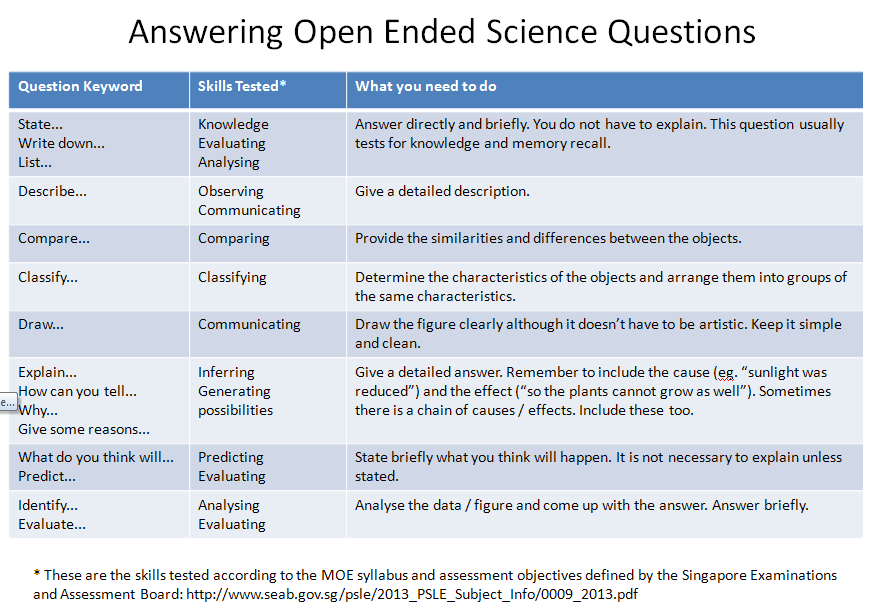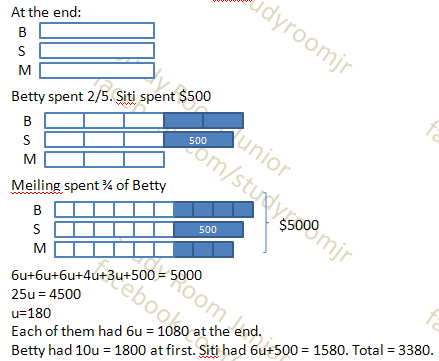Plural or singular with "either
English tip: When there’s "either" and "or" in a sentence, do we use the singular or plural form? Which is correct: Either James or the boys is cleaning the house. OR Either James or the boys are cleaning the house. The rule here is: the subject that’s closer to the verb calls the shot! Example:[…]



